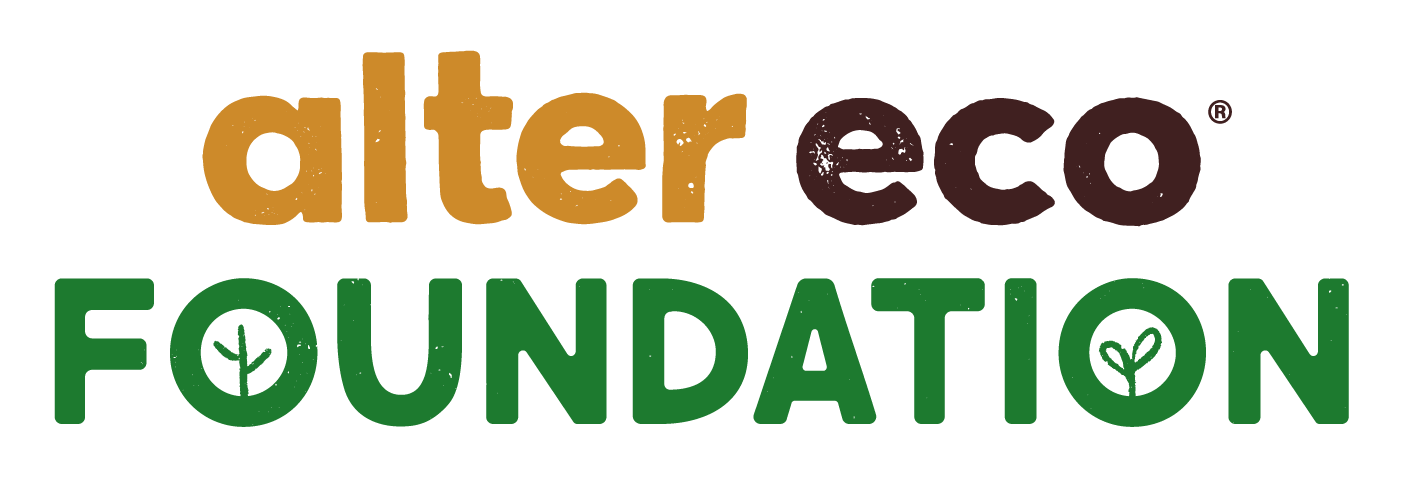Alter Eco Foundation

Service Area
Central and South America-
On the Web
Website -
Contact this Project
The Challenge: In 2014, the United Nations issued a warning to farmers: if they don’t change the way they grow crops, most of the soil they rely on to sustain their livelihoods will disappear within 60 years. Soil destruction is caused by a combination of farming techniques and other influences including monoculture which strips soil of nutrients, chemical-heavy farming techniques, deforestation which increases erosion, and global warming. Maintaining healthy soil is essential for providing food for most of the world, and unhealthy soil reduces both the quality and quantity of crops and leads to increased poverty and hunger, especially in developing countries. If small farmers are going to continue to maintain their livelihoods and provide high-quality, nutritious food we must implement techniques to ensure that land and soil remain healthy and viable.
What can be done: Dynamic agroforestry is an ecologically-friendly farming system that aims to grow different types of crops on the same piece of farm lands with respect to the conservation of the natural biodiversity. Based on the knowledge of indigenous Latin American farmers, the method constructs forest-like systems where the crops don’t compete for resources but create symbiotic systems. When dynamic agroforestry is done well it helps to maintain soil quality, reduce the need for external resources, increase farmer income and benefit the climate by sequestering more carbon than single crop farms.

How the Alter Eco Foundation is meeting the challenge: The Alter Eco Foundation, the charitable arm of Alter Eco Foods, will focus its efforts on growing cacao the way that nature intended. Both cacao and the soil beneath it flourish when cacao is planted amongst diverse other crops, which is the model of dynamic agroforestry and regenerative agriculture. Alter Eco Foods currently sources 50% of its cocoa beans from the Unocace cooperative in Ecuador. In 2015, 400 farmers from this cooperative started the 4-year process of transitioning some or all of their 5-7 acres parcel of land from monoculture to dynamic agroforestry creating a diverse environment with 7 to 15 species in each acre of cocoa field. This transition is expected to have clear benefits:
- farmers will generate more revenue and have better working conditions
- farmers will need less water, fertilizer and artificial shade structures which reduces their costs
- more carbon will be sequestered creating healthier soil and benefits for the climate
The Alter Eco Foundation will provide resources to help more cocoa farmers improve their quality of life by transitioning to a dynamic agroforestry methods.




